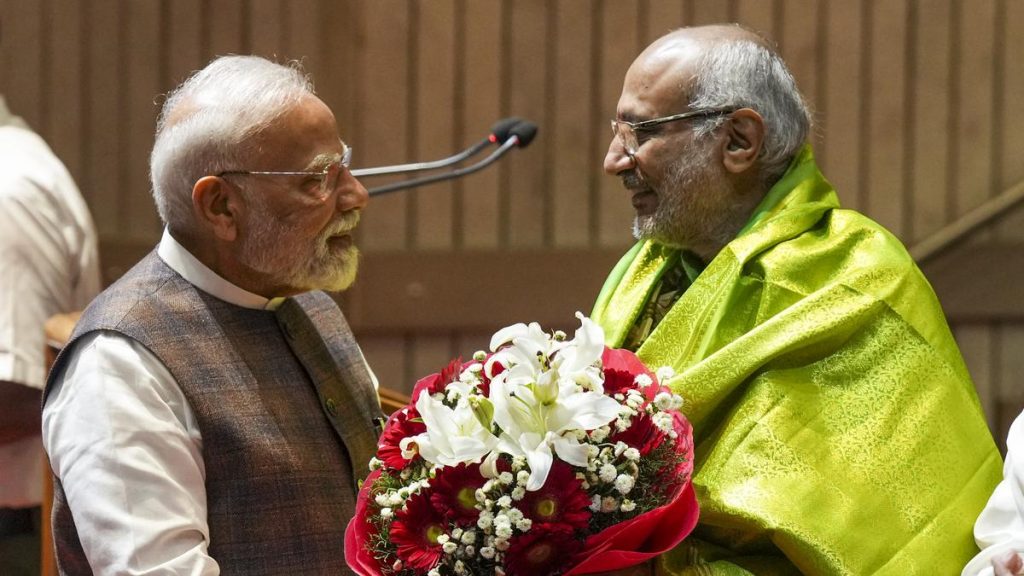Now Reading: Meta VP Denies Claims of Manipulating Llama 4 Benchmark Scores
-
01
Meta VP Denies Claims of Manipulating Llama 4 Benchmark Scores
Meta VP Denies Claims of Manipulating Llama 4 Benchmark Scores
Fast Summary
- meta’s VP of GenAI, Ahmad Al-Dahle, denied allegations that the company manipulated AI models to perform better on specific benchmarks while obscuring their limitations.
- Concerns arose after mixed-quality performance reports about Llama 4 were shared by users following its release.
- Al-Dahle stated any drop in quality reflected bugs being fixed and implementation issues requiring time for adjustments.
- He emphasized that Meta did not use test sets during training,rejecting claims made in a viral post allegedly penned by a former employee.
- The viral post was unverified but triggered widespread questions among Meta’s AI community regarding benchmarking practices.
- During the Maverick model’s launch, Meta claimed it surpassed OpenAI’s GPT-4o and trailed only Google’s Gemini 2.5 Pro on the leaderboard. Though, testers noted discrepancies between its claimed and practical performance levels starting Saturday.
- Researchers identified that Maverick’s public version was different from the leaderboard submission described as an “experimental chat version” optimized for conversationality.
Indian Opinion Analysis
This incident highlights challenges faced by tech companies like Meta as thay attempt to balance innovation with transparency regarding AI models’ testing and benchmarking processes. For India, where generative AI solutions are gaining traction across industries such as healthcare, education, and governance projects like Digital India, questions about reliability could affect adoption rates for similar models long-term if global concerns remain unresolved.
India’s fast-expanding technology ecosystem requires clarity over which versions of tools are accessible to users versus those benchmarked under controlled conditions-a distinction evident here with Maverick’s experimental versus public-facing iteration claims-a significant reminder against blind reliance without proper evaluation protocols in sectors impacted globally soon possibly also domestically similarly rippling insight

























